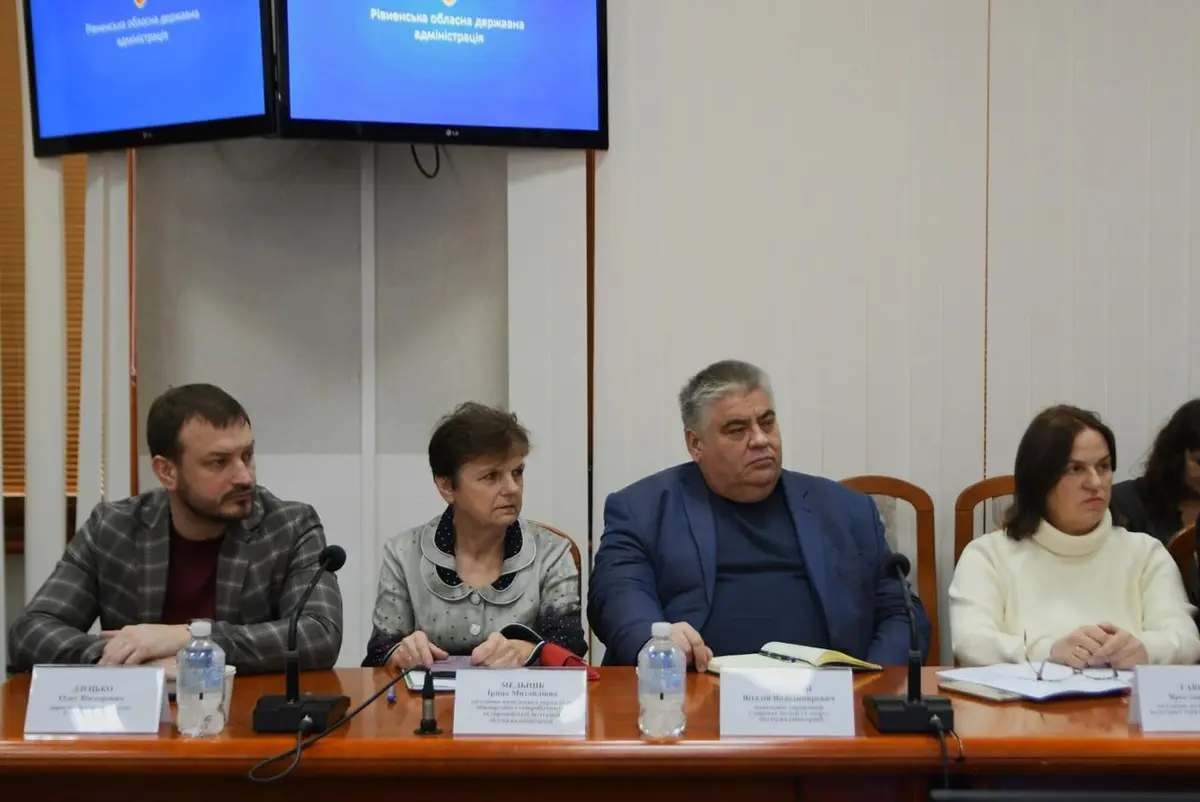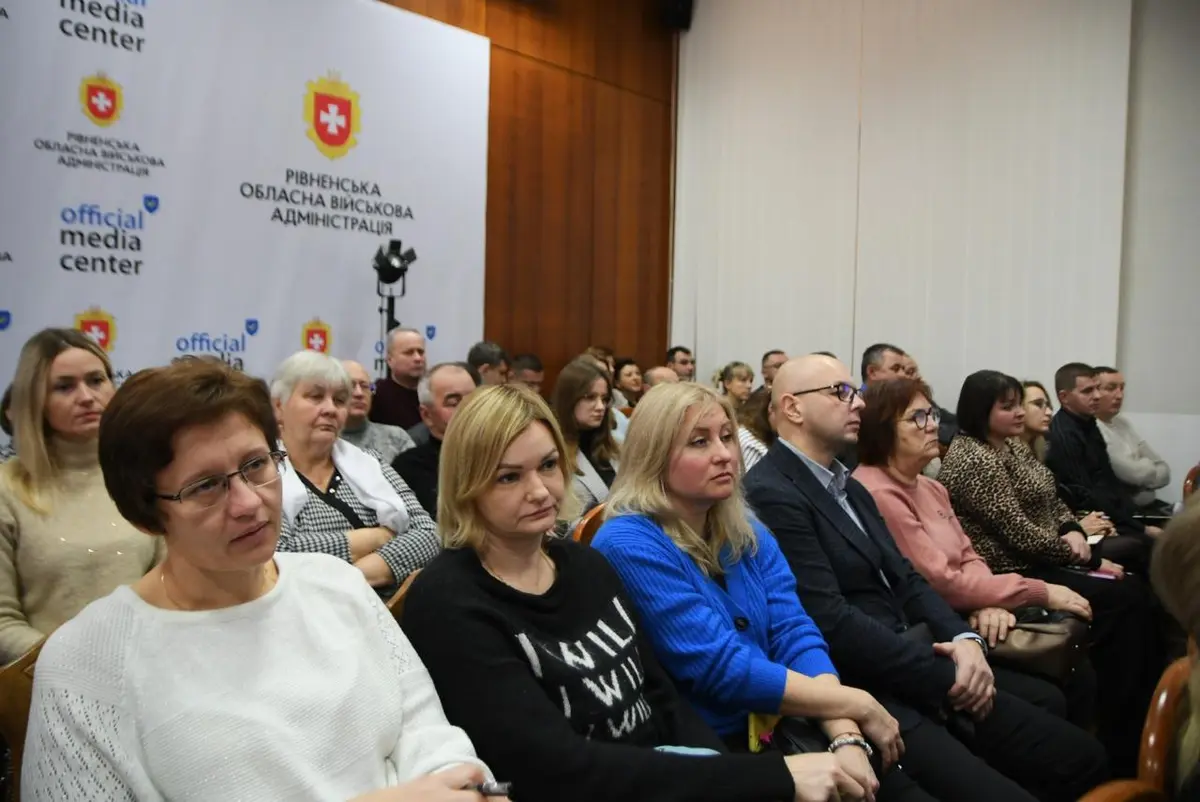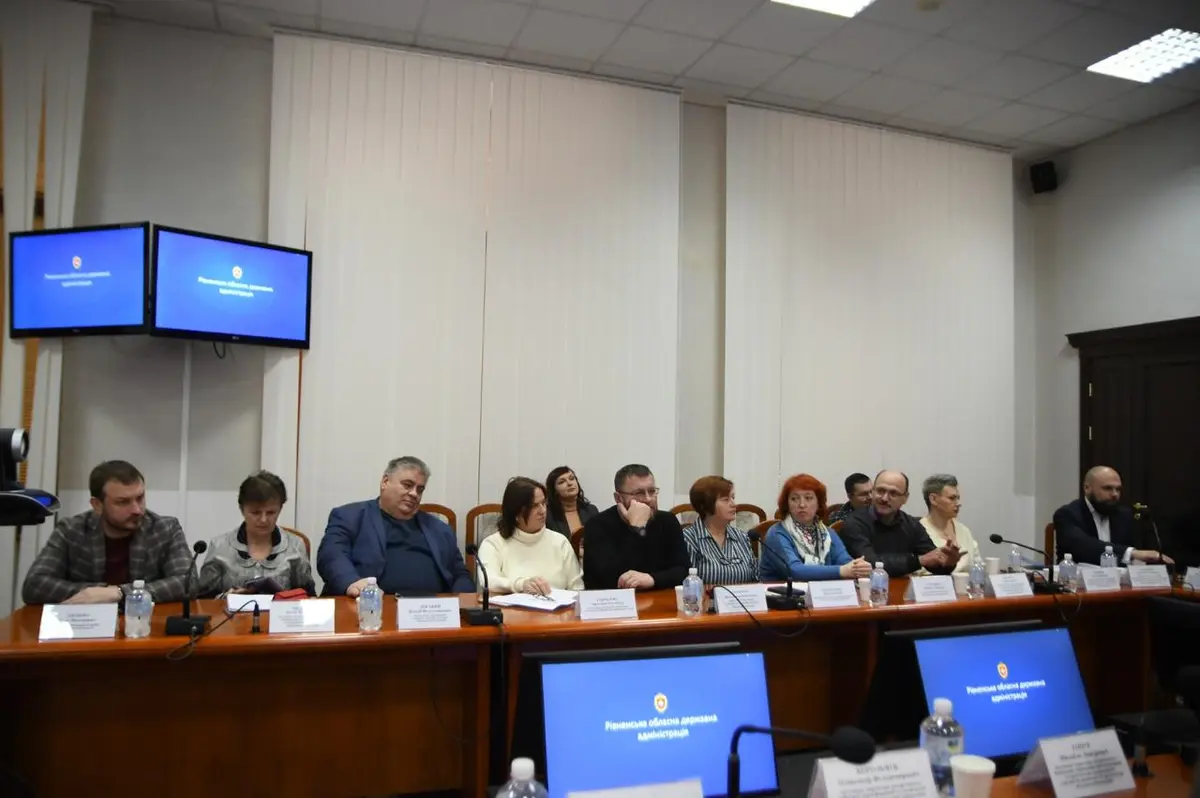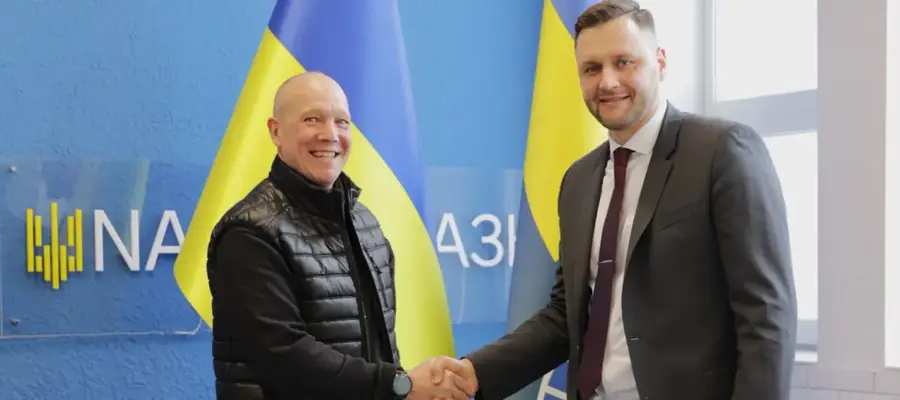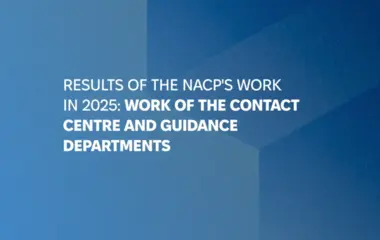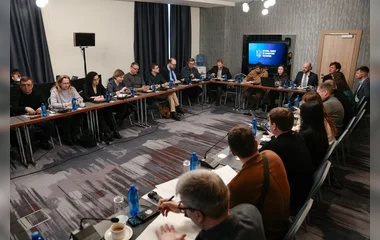During a working visit to Rivne region, the National Agency on Corruption Prevention (NACP) team met with representatives of the regional state administration (RSA), as well as regional and city councils. The dialog in this format is aimed at establishing constructive cooperation between NACP and local authorities to ensure effective implementation of the state anti-corruption policy, taking into account the peculiarities of the region.
The Agency's team also met with representatives of the region's civil society organizations, educators, law enforcement officers and journalists.
"The NACP regularly visits the regions to identify problems and challenges in the field of corruption prevention. The Agency's cooperation with local authorities is based on four principles: to educate, motivate, assist, and share effective anti-corruption tools, the implementation of which will eliminate the causes of corruption and, at the same time, increase the level of integrity in the public service and agree on a common vector of action in this area,” said Deputy Head of the NACP Serhii Hupiak.
He emphasized that preventing corruption is not only the work of the anti-corruption infrastructure. It starts with every citizen, civic activist, investigative journalist, and the comprehensive work of all state institutions.
The Deputy Head of NACP drew attention to the most vulnerable to corruption sectors in Rivne region. According to him, these are forest management, urban greening, and subsoil protection, primarily related to amber mining:
“Although the procedure for obtaining permits for amber extraction has been legally regulated, there are many corruption risks along the way: having acquired the right to use the site, it is necessary to obtain a large number of approvals and process a significant number of documents, develop a land reclamation project, etc.”, said Serhii Hupiak.

He also said that the National Agency is working on presenting a special study on corruption risks in the forestry sector in the near future, which will describe possible corruption schemes in forestry, gaps in legislation, recommendations for regulation, and factors that law enforcement agencies should pay attention to when exposing corruption in the forestry sector. As in the rest of Ukraine, the topics of public procurement, restoration and reconstruction, and the activities of the forensic expert committee and the IEC are sensitive.
"I would like to mention Rivne region for having one of the lowest percentages of people with limited fitness for military service last year. Among the positives are numerous disclosures in the forestry sector, which is considered to be the most saturated with corruption risks,” added Serhii Hupiak.
He noted that the implementation of the State Anti-Corruption Program will help improve the situation in the 15 most corruption-prone areas of life, increase transparency in management processes, and significantly reduce the level of corruption in Ukraine. At the same time, an important task of the anti-corruption commissioners is to work proactively to reduce corruption risks.
In 2023, the Rivne Regional State Administration approved an anti-corruption program and created a sector for the prevention and detection of corruption, which in 2024 reviewed almost 300 reports of corruption offenses in the region. Representatives of law enforcement agencies are involved in the work of the Transparency and Accountability Group at the RSA. The First Deputy Head of the Regional State Administration Serhii Podolin thanked NACP team for their recommendations, which the RSA plans to use to further improve its work on preventing corruption.
The Rivne Regional Council also adopted its anti-corruption program for 2024-2026, and in May this year it joined the Unified Whistleblower Reporting Portal. According to the head of the regional council, Andrii Karaush, public finances and procurement remain the most risky areas for the regional council.
Despite the lack of a direct obligation to have an anti-corruption program, Rivne City Council proactively developed and adopted one in 2023, involving the public and the deputy corps in its creation. The city council is currently working on a report on its implementation.
